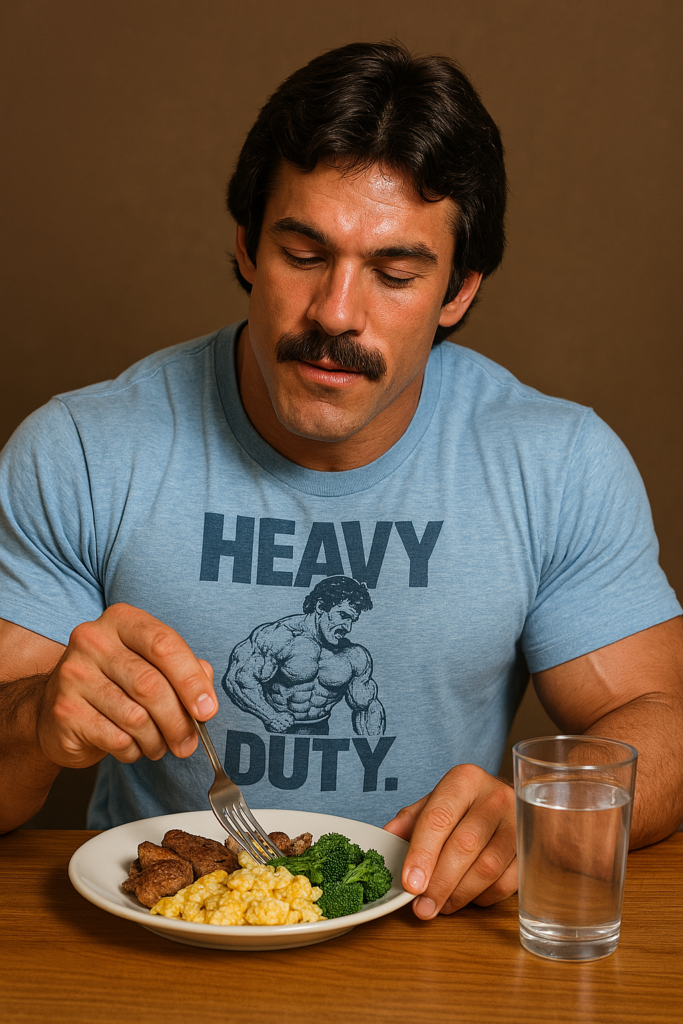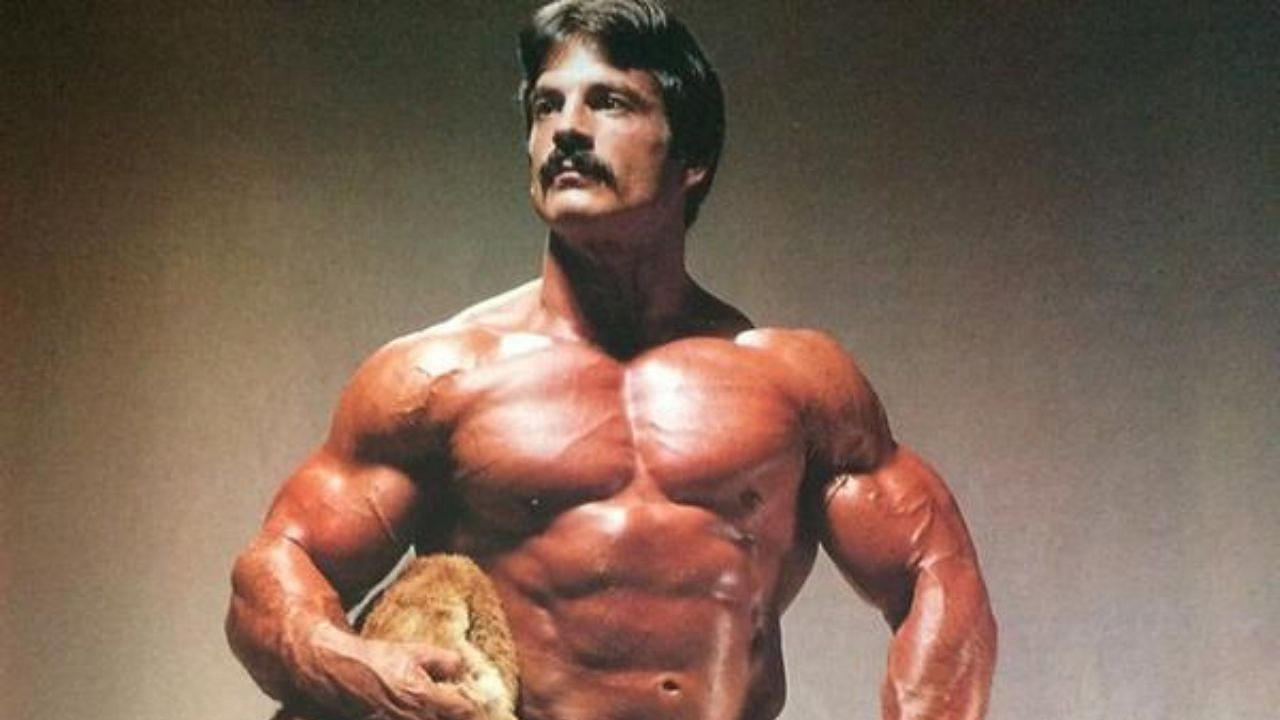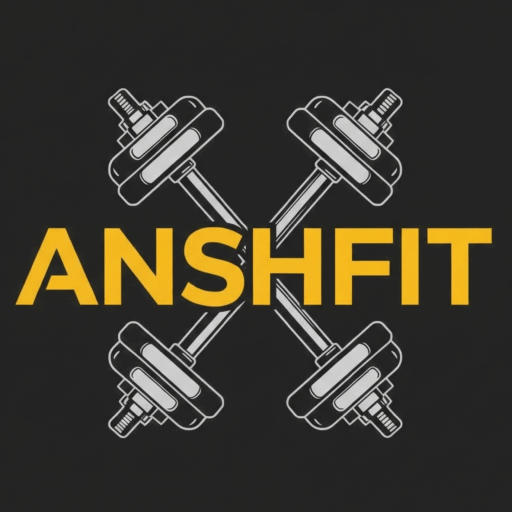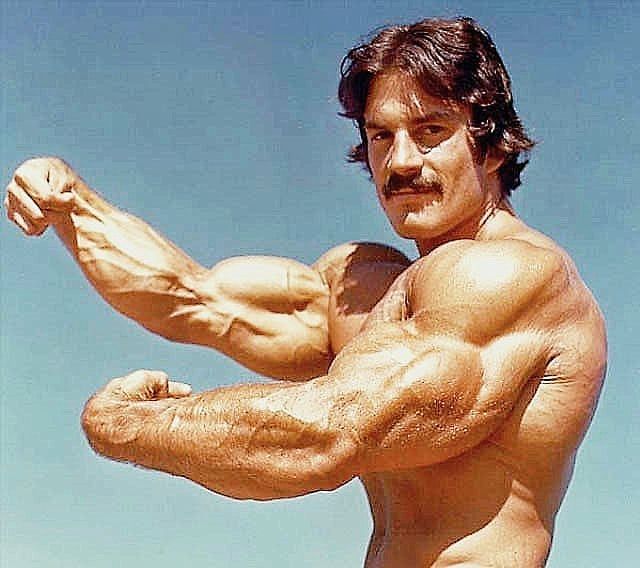“Build Bigger, Smarter: Mike Mentzer’s Muscle-Building Meal Plan”

When it comes to building muscle, training is only half the battle. The other half—often overlooked or misunderstood—is nutrition. You can train with brutal intensity and perfect form, but without the right fuel, your body simply won’t grow. Thus, a diet plan for muscle gain is a must.
Enter Mike Mentzer, a man who not only redefined training intensity with his Heavy Duty system, but also emphasized a practical, no-nonsense approach to diet. While his training style was revolutionary, his thoughts on nutrition were refreshingly straightforward—and still hold up today.
Mentzer’s Core Belief: Calories First, Then Precision – Diet plan for muscle gain

Unlike fad diets or modern overcomplications, Mike Mentzer believed the first priority for muscle gain was ensuring a consistent calorie surplus. His principle was simple:
“If you are not gaining muscle, you’re probably not eating enough.”
He often emphasized that trainees must first consume more calories than they burn—especially those following his high-intensity, low-frequency routines that demand deep recovery and cellular repair.
Mentzer did not promote obsessing over every gram of food, but he did encourage self-awareness and tracking your gains relative to your eating habits.
Macronutrients According to Mentzer – Diet plan for muscle gain

Let’s break down how Mike viewed the three macronutrients:
Protein: The Building Block
- Mentzer recommended 1 to 1.5 grams of protein per pound of lean body mass.
- He preferred high-quality protein sources like eggs, lean meat, poultry, fish, and dairy.
- He wasn’t anti-supplement, but preferred food-first. Protein shakes were fine, but not a crutch.
“Your muscles are made of protein. If you’re not feeding them adequately, no amount of training will compensate.”
Carbohydrates: The Energy Driver
- Unlike the low-carb trend, Mentzer believed in moderate to high carb intake, especially for those training intensely.
- He favored complex carbs like rice, potatoes, oats, and whole grains.
- Carbs were seen as essential for glycogen replenishment and preventing muscle breakdown.
Fats: The Hormonal Support
- Mentzer wasn’t afraid of fats—as long as they were balanced.
- He recommended including healthy fats (nuts, seeds, eggs, olive oil, fatty fish) for overall health and hormone production.
Simplicity Over Perfection

Mike Mentzer often spoke out against rigid eating schedules or extreme dietary restrictions. His mantra was:
“Eat well. Eat enough. Let the body grow.”
Instead of following 6-7 meals a day, he promoted 3-5 balanced meals based on what suits an individual’s lifestyle. The focus was on:
- Quality food
- Calorie sufficiency
- Consistency
He encouraged listening to your body and adjusting intake based on strength levels, performance, and recovery quality.
Recovery Demands Nutrition

Since Mentzer’s training plan involved long rest periods between workouts, he viewed diet as fuel for recovery. A large part of growth happens outside the gym, and without proper nutrition, your recovery slows down, and gains plateau.
This is especially important if you follow Mike’s Heavy Duty routine (which we’ve already covered in-depth here) 👉 https://anshfit.com/best-workout-routine-for-muscle-gain/.
Mike’s Take on Supplements – Diet plan for muscle gain

Though Mentzer wasn’t against supplements, he never relied on them. In fact, he believed that a proper whole food diet could provide most of what a bodybuilder needs. If anything, he suggested:
- A basic multivitamin
- Whey protein for convenience
- Occasional creatine (though it wasn’t widely used during his prime)
He was more concerned about people falling for marketing gimmicks and ignoring their actual food intake.
Final Thoughts: Eat Intelligently, Train Intensely

Mike Mentzer’s diet philosophy fits perfectly into modern life: it’s realistic, results-driven, and sustainable. He didn’t chase trends—he focused on what worked.
If you’re serious about building muscle, don’t just push hard in the gym. Back it up with:
- A solid calorie surplus
- Enough protein to repair and grow
- Clean, energy-giving carbs
- Hormone-supporting fats
Remember: Training triggers growth. Nutrition fuels it. Recovery locks it in.
If you’re following Mike’s Heavy Duty plan or any high-intensity routine, make sure your diet is working with you—not against you.


